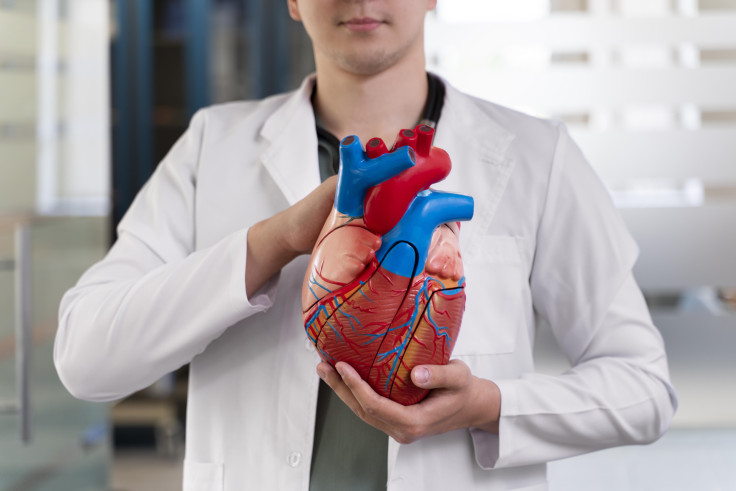
The bacterial composition of the gut is linked to several conditions such as type 2 diabetes, obesity, and inflammatory bowel disease. A recent study has identified a specific bacteria in the gut that could cut the risk of heart disease.
Scientists at the Broad Institute of MIT and Harvard, in collaboration with Massachusetts General Hospital, discovered that certain bacteria species called Oscillibacter can consume cholesterol in the gut and lower the risk of heart disease in individuals. The results were published in the journal Cell.
The researchers studied metabolites and microbial genomes from over 1,400 participants in the Framingham Heart Study that focused on cardiovascular disease risk factors. They discovered over 16,000 connections between microbes and metabolic traits. Among these, they found a strong correlation between various bacteria species from the Oscillibacter genus and lower cholesterol levels. Oscillibacter was quite common in the gut, making up about 1% of all gut bacteria on average.
They observed that Oscillibacter can metabolize cholesterol in their environment and noted that individuals with higher levels of this microbe had lower cholesterol levels.
"Our research integrates findings from human subjects with experimental validation to ensure we achieve actionable mechanistic insight that will serve as starting points to improve cardiovascular health," Ramnik Xavier, a corresponding author of the study, said.
Additionally, the researchers identified how these bacteria break down cholesterol. For this, they grew Oscillibacter in a lab setting and used mass spectrometry to determine the likely byproducts of cholesterol metabolism in these bacteria. They then discovered that Oscillibacter first converted cholesterol into intermediate products, which were further broken down by other bacteria and excreted from the body.
The researchers also discovered that Eubacterium coprostanoligenes, another bacterial species, plays a role in breaking down cholesterol in the gut by working alongside Oscillibacter. They suggested that conducting additional experiments focusing on combinations of bacterial species could improve our understanding of how various microbial communities interact and influence human health.
"Our work highlights the possibility that additional sterol metabolism pathways may be modified by gut microbes. There are potentially a lot of new discoveries to be made that will bring us closer to a mechanistic understanding of how microbes interact with the host," Chenhao Li, co-first author of the study, said.







